Optimal Timing for Shrub Trimming
Understanding the optimal timing for shrub trimmings is essential for maintaining healthy and attractive plants. Proper scheduling can promote vigorous growth, improve shape, and prevent common issues such as disease and pest infestation.
Perform shrub trimmings in early spring before new growth begins to encourage healthy development and shape the plant for the growing season.
Trimming during this period helps refine the shape after initial growth and removes any winter damage.
Light trimming in late summer can control size and encourage dense growth, but avoid heavy cuts to prevent stress before winter.
Most shrubs should not be trimmed late in the fall, as this can stimulate new growth vulnerable to winter damage.

Ways to make Shrub Trimmings work in tight or awkward layouts.
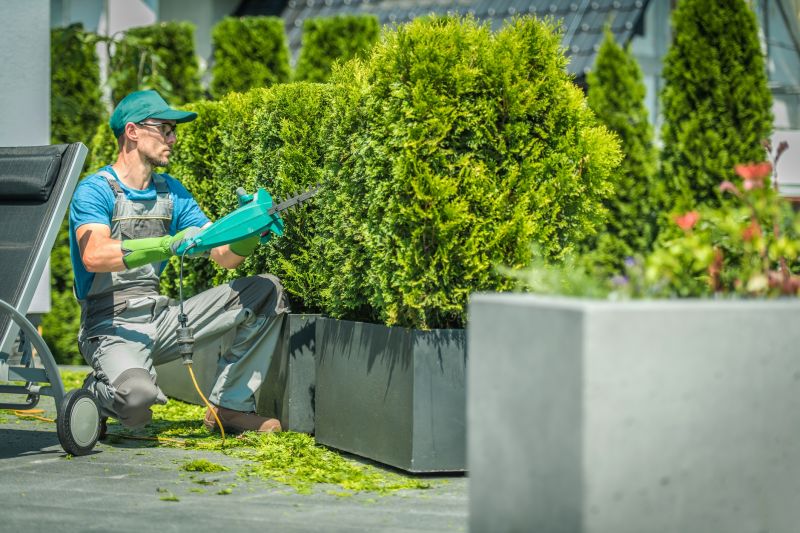
Popular materials for Shrub Trimmings and why they hold up over time.

Simple add-ons that improve Shrub Trimmings without blowing the budget.
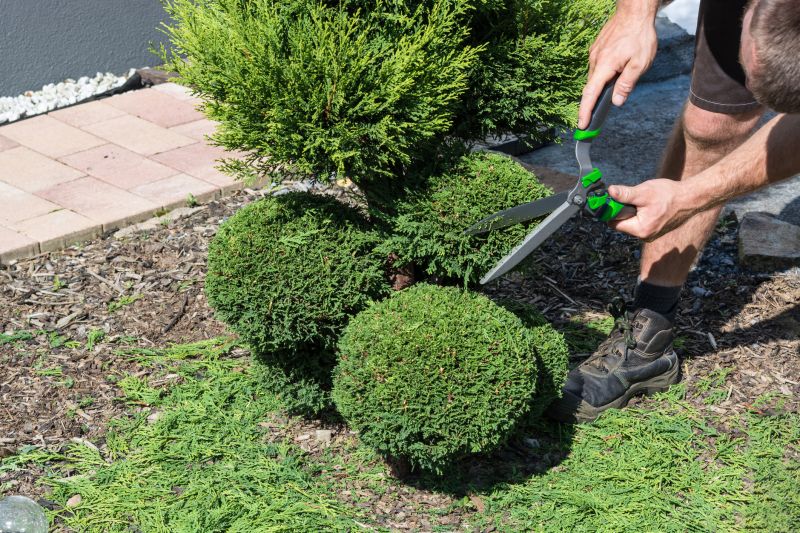
High-end options that actually feel worth it for Shrub Trimmings.
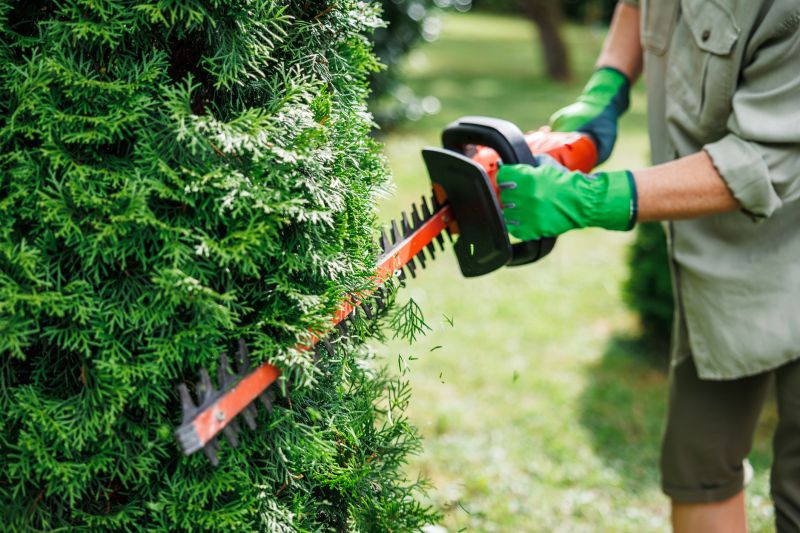
Finishes and colors that play nicely with Shrub Trimmings.
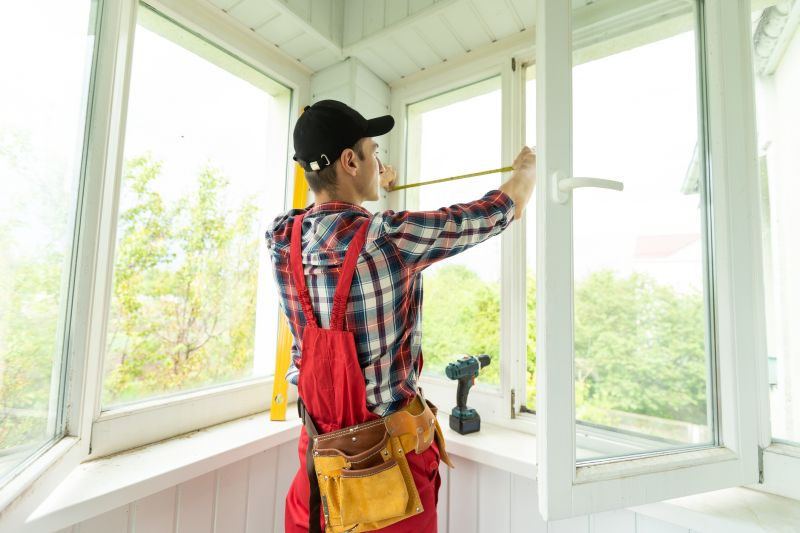
Little measurements that prevent headaches on Shrub Trimmings day.
| Season | Recommended Trimming Activity |
|---|---|
| Spring | Prune to shape and remove winter damage before new growth begins. |
| Late Spring/Early Summer | Refine shape and encourage dense growth. |
| Late Summer | Control size with light trimming, avoid heavy cuts. |
| Fall | Limit trimming to dead or damaged branches, avoid shaping. |
| Winter | Minimal trimming during dormancy, focus on dead branch removal. |
Shrub trimmings play a vital role in maintaining plant health and aesthetics. Proper timing ensures that plants can recover quickly and grow vigorously. Trimming too early or too late can lead to issues such as weak growth, disease susceptibility, or winter damage. Regular trimming also helps prevent overgrowth, which can harbor pests and diseases.

A 60-second routine that keeps Shrub Trimmings looking new.
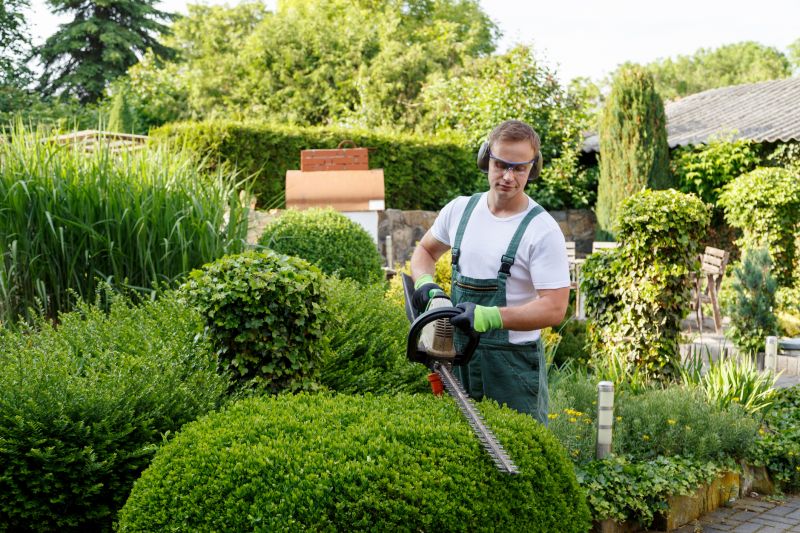
A frequent mistake in Shrub Trimmings and how to dodge it.

Small tweaks to make Shrub Trimmings safer and easier to use.
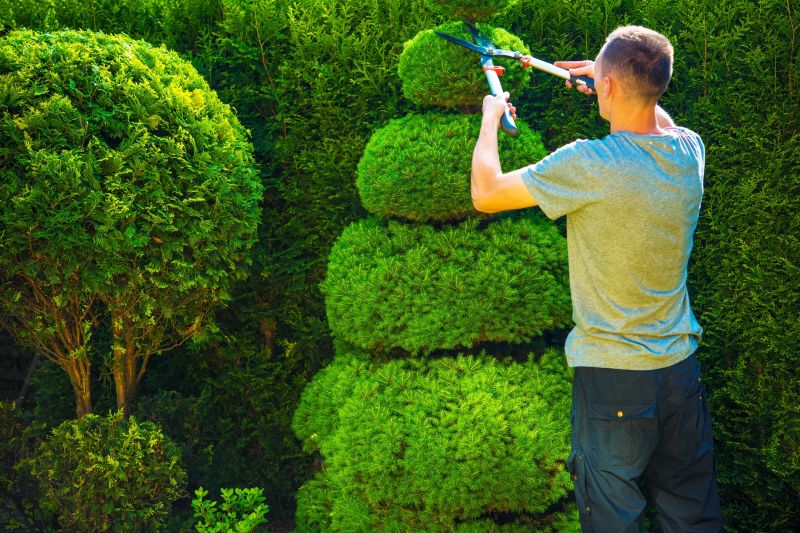
Lower-waste or water-saving choices for Shrub Trimmings.
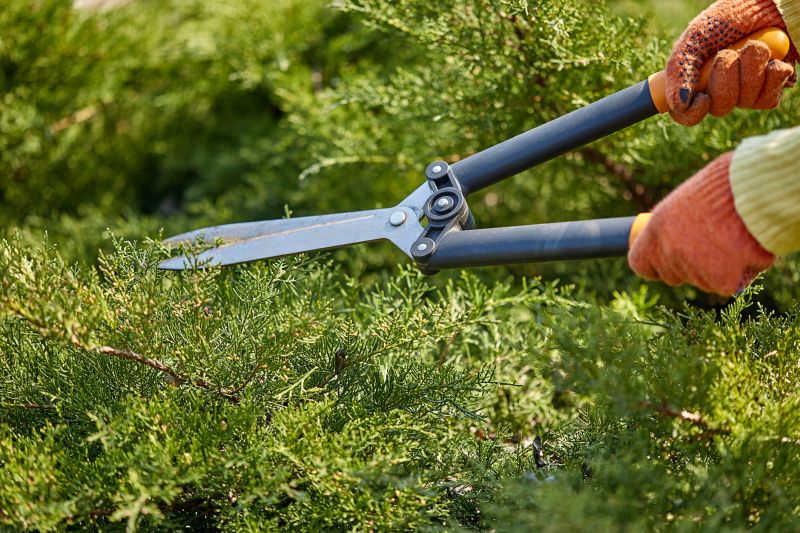
The short, realistic tool list for quality Shrub Trimmings.
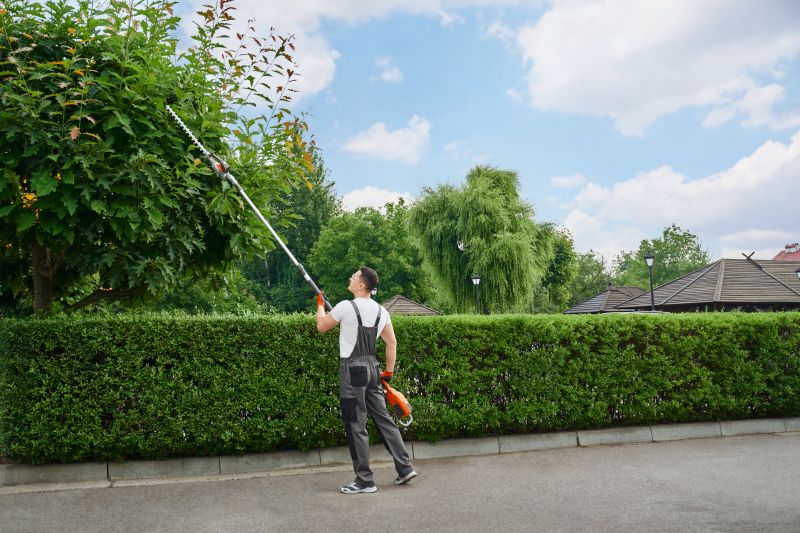
Rough timing from prep to clean-up for Shrub Trimmings.
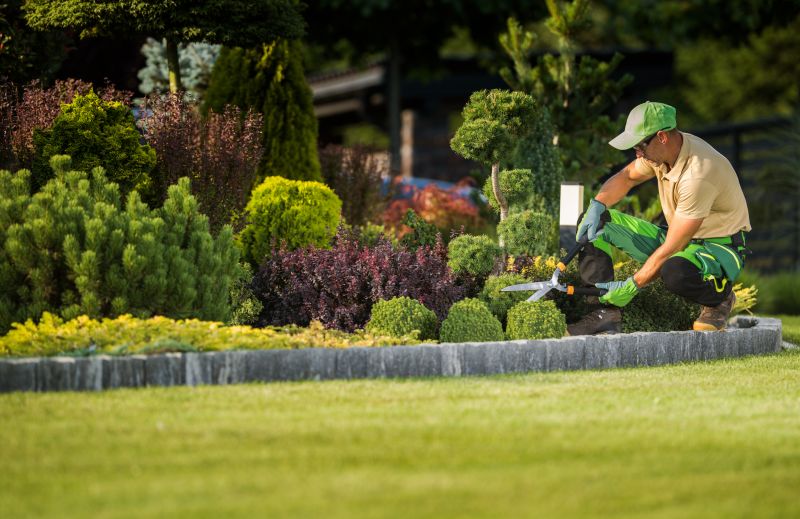
Quick checks and paperwork to keep after Shrub Trimmings.
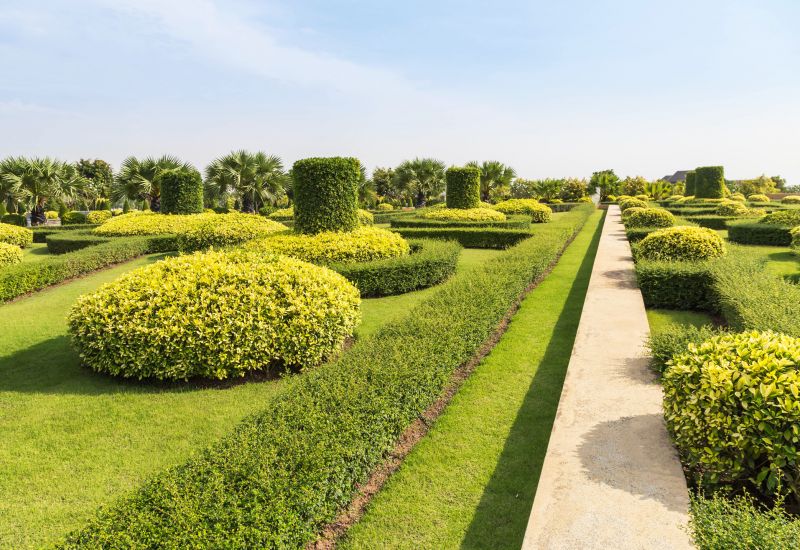
Examples that show the impact a good Shrub Trimmings can make.
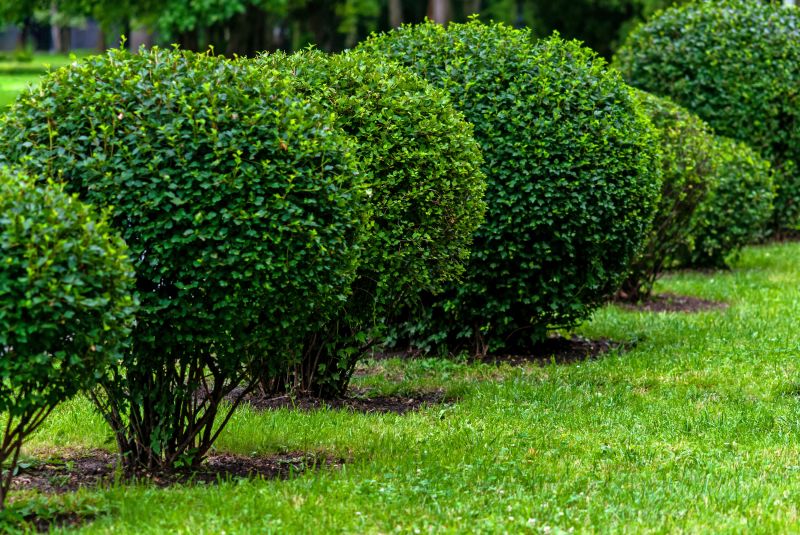
Ways to make Shrub Trimmings work in tight or awkward layouts.
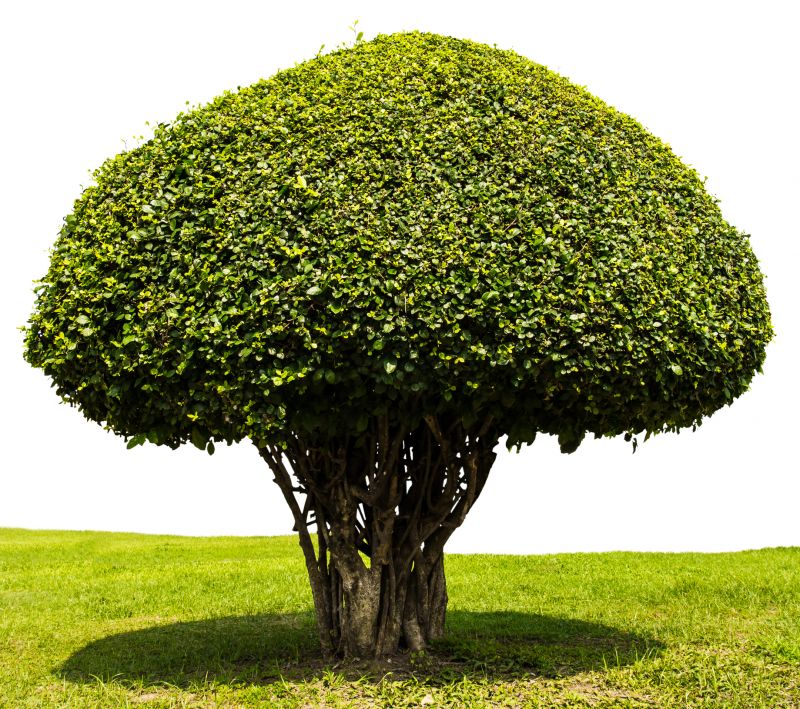
Ways to make Shrub Trimmings work in tight or awkward layouts.
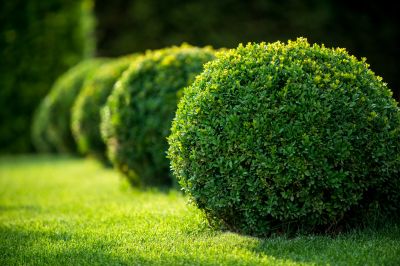
Ways to make Shrub Trimmings work in tight or awkward layouts.

Ways to make Shrub Trimmings work in tight or awkward layouts.
To achieve optimal shrub health and appearance, it is recommended to plan trimming activities according to the specific needs of each shrub type and the seasonal growth cycle. Proper timing can also reduce the risk of pests and disease, ensuring the longevity of the plants.
